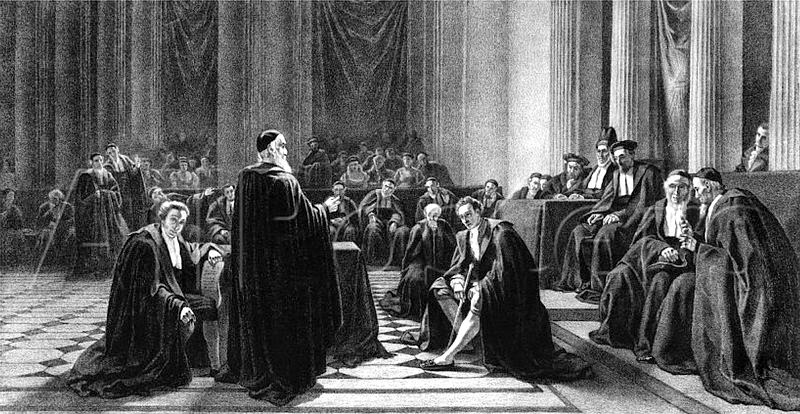Southbrook Celebrates Law Enforcement Appreciation Day
Friday, January 9th, 2015 is Law Enforcement
Appreciation Day. Southbrook Church
expressed its appreciation to area Police Departments, by providing
Kringle and Apple Cake desserts along with a personal expression of thankfulness. Pastor Jason visited Oak Creek and Cudahy
Police Departments, while I stopped in at the Franklin Police
Department and the Muskego Police Department.
I have had the privilege of serving as the
Chaplain for the City of Franklin Police Department. My main role is to assist the officers during
some of the most tragic calls that they encounter. When there is a suicide, an unexpected death,
a fatal accident, or the need to make a death notification – my phone rings…
4 Things I have learned about Law Enforcement Officers
-They are just like us with real issues, family
struggles, fears and concerns. We have
rough days with our kids, troubles in our marriages, and tensions with our
co-workers…. Our Law Enforcement officers can identity.
-Most Police Officers I know are excellent and
truly care. Most are selfless and
devoted to serving the citizens of their city.
Remember, that in every profession –Lawyers, Teachers, Nurses and even
Pastors– there are those who are just punching the clock.
-When they leave for work there is a chance
that they may not return at the end of the shift. The reality is that their job involves the
possibility of death. During 2014, 121
police officers killed in the line of duty.
-Law Enforcement Officers carry enormous levels
of stress. Even in suburbs like Franklin
and Oak Creek, Police Officers have to treat each traffic stop, each
interaction with the public as a potential threat. There are no simple interactions; Police
Officers don’t know if the person is mentally ill, wants the Police to kill
them, or is just an innocent citizen.
What we can do…
1. Love
your local Police.
2. Pray
for your Police. Every time I see a
squad I immediately pray for that officer, for their safety and for their
family.
3. Recognize
the level of uncertainty and stress that their family carries each and every
day their loved one is on the job.





















